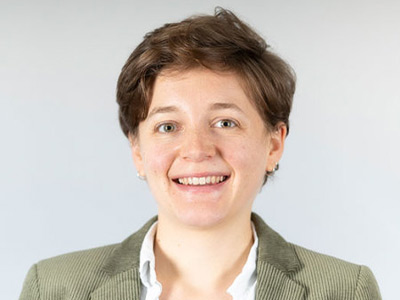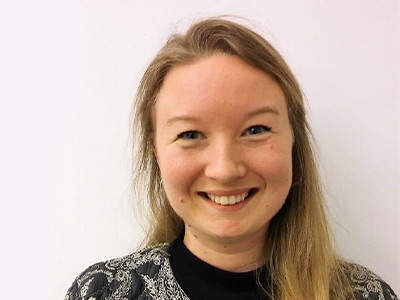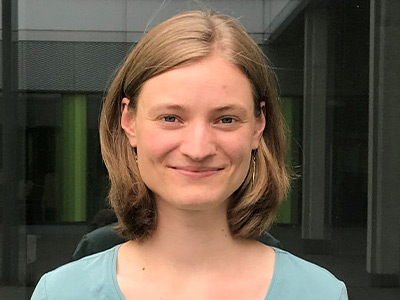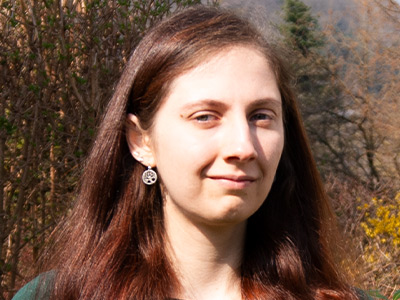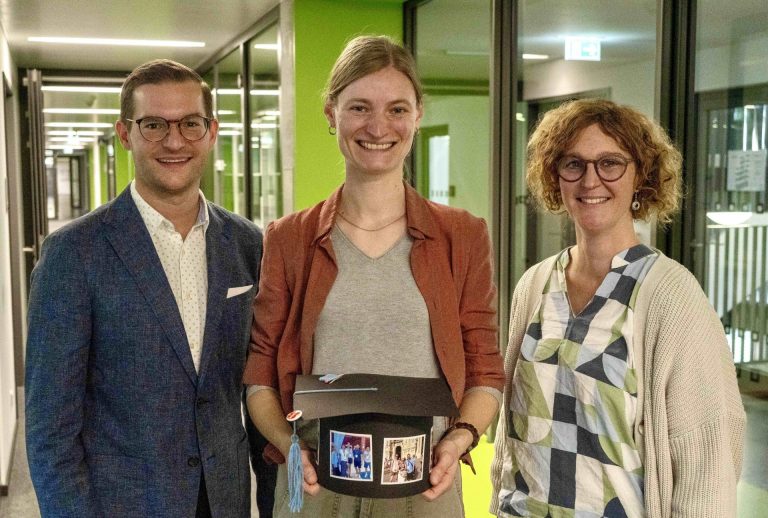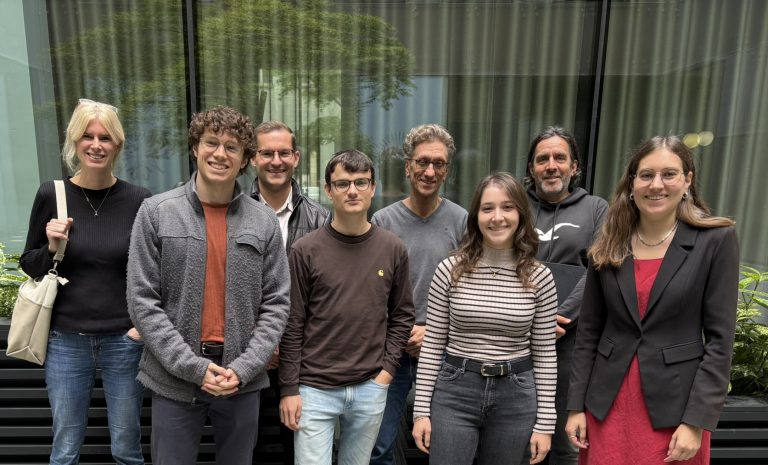Welcome to the Leibniz ScienceCampus SOEP RegioHub at Bielefeld University

Studying Regional Development Dynamics and their Political Consequences
Studying Regional Development Dynamics and their Political Consequences
Studying Regional Development Dynamics and their Political Consequences
Living conditions in Germany today show evidence of increasing and rapidly changing regional disparities in structural, demographic and economic domains. These disparities often take the form of an adverse access to health care facilities, childcare provision, education and other public services as well as regional labour market opportunities, business climate, housing and transport ation infrastructures. The Leibniz-ScienceCampus researchers investigate how these regional social and economic opportunities influence social cohesion, expectations, political attitudes, preferences and behavior and thereby exacerbate or mitigate social inequality, social cohesion, political conflicts and radicalization.
Project Partner


The Leibniz Association connects 97 independent research institutions that range in focus from natural, engineering and environmental sciences to economics, spatial and social sciences and the humanities. Leibniz Institutes address issues of social, economic and ecological relevance …
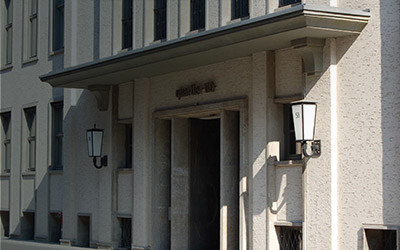

The Socio-Economic Panel (SOEP) is one of the largest and longest-running multidisciplinary household surveys worldwide. Every year, approximately 30,000 people in 15,000 households are interviewed for the SOEP study. The SOEP is also a research-driven infrastructure based at DIW Berlin …
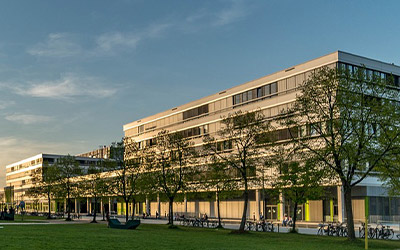

Bielefeld University was founded in 1969 with an explicit research assignment and a mission to provide high-quality research-oriented teaching. With around 25,000 students, the University currently encompasses 14 faculties. As a ‚Volluniversitat‘ (full university), it offers a differentiated range of disciplines …
Doctoral Students


